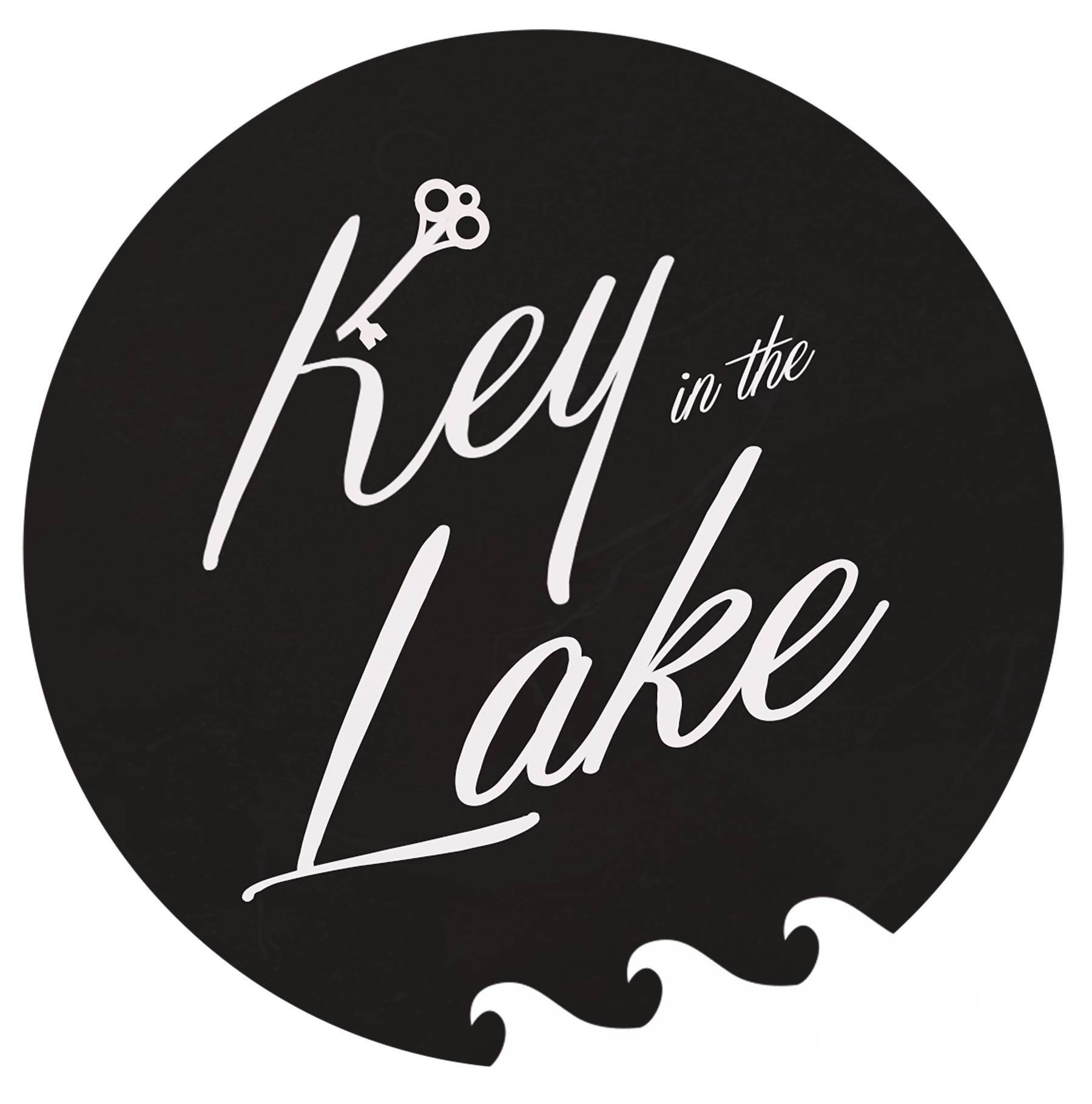Bitter Pops: Bridging The Gap
“We built this place for the brewers,” declares Mike Jorndt, owner of Bitter Pops. “If they want to come in, if they want to share their story, we’re all about it.”
Bitter Pops is a neighborhood bottle shop dedicated to the modern craft movement by bridging the gap between brewery and enthusiastic patron. The shop is nestled in between Chicago’s Northside neighborhood’s of Roscoe Village and Lakeview. Upon entry, the entire north wall is an open cooler filled with fresh brews from local breweries and an abundance of labels from all corners of the US. The opposite wall hosts a variety of craft spirits, select wines and international bottles and cans. Beyond the shop is a cozy pub, built from reclaimed wood, for patrons to sip on pours from rotating taps.
Before Jorndt opened his doors, he recognized an immense amount of breweries producing a plethora of styles growing on retail shelves. As a self-identified hobbyist and an educated consumer of craft beer, Jorndt felt overwhelmed by the selection. In 2011, Illinois housed 54 craft breweries. By 2017, the state grew to 200 craft breweries, according to the Brewers Association. Jorndt recognized the disconnect between the breweries and their consumers. “We thought we could bring some value,” says Jorndt. “The value that we can add is that one-on-one. We can walk you through this. Take you from Pilsners up to IPA’s, and be with you through that whole journey.”
Jorndt along with his Director of Marketing Nick Gil and Megan Schneider, General Manager, opened Bitter Pops in 2016. At the time, Chicago was emerging as one the top brewery scenes in the country. Jorndt, Gil and Schneider adopted the responsibility of developing a forum for the independent brewers to sell their unique styles; and for customers to engage in conversation with the makers.
“We try to have three to six tastings a week,” says to Gil. “For us, it welcomes folks in, it helps the brands that live here get in front of people and build relationships; build that connection with one another.”
The shop isn’t concerned with housing the most rare labels, or even offering the best beer shelf in the city. Their objective is adding value to a city that’s less than a decade into a rising craft beer market. Currently, there are more than 225 Chicagoland breweries, according to The Hop Review. Bitter Pops is the forum of bringing people together and allowing their individual stories to be shared. “Of course they get to try great beer here,” illustrates Gil. “We might have something awesome on tap, but it’s about them hanging out, having their conversation, and being in a place that facilitates conversations.”
The connection, the untied loyalty and the access Bitter Pops creates wasn’t always a popular business model in Chicago.
When the anti-drink phenomena swept across the nation, brewers were the majority owners of pubs and taverns with “Tied Houses.” In exchange for the saloon keepers to serve a brewer’s single brand, “the brewer would provide cash, loans and whatever other allotments were necessary to furnish the the place,” according to Last Call: The Rise and Fall of Prohibition. By 1909, 80% of Chicago’s saloons were owned by, in-debt to, or otherwise indentured of the breweries.
Desperate patrons with tabs as overdue as Norm Peterson’s, along with saloons at the mercy of the brewers, created a tumultuous relationship among all three. “Selling one’s vote for the price of a bar tab was a common transaction,” according to Last Call. The brewers forced saloon-men to shovel out their products at a fastidious pace that lowered the most malignant of drunkards to a concrete cot. Consequently, the “Tied Houses” handcuffed their own future by distorting the pleasantries of society, and, indirectly, assigning more of a national cause to dawn the banner of Prohibtion.
Author George Ade sums up this era in his book The Old-Time Saloon, “The non-drinkers had been organizing for fifty years and the drinkers had no organization whatever. They had been too busy, drinking.”
To avoid the tempestuous history between breweries, saloons and their patrons, Bitter Pops fosters a friendly community. “Any brand that wants to come in here, interface with our guests, rollout the red carpet, give them a show and tell their story, we’re all about it,” says Jorndt.
The Saturday night I visited Bitter Pops, the ethos of the shop was on full display. Neighborhood regulars dropped by with their pups to pickup a six-pack or two. The tasting room was full with guests gleefully escaping the last breath of winter over pints. And, a local brewery and a midwestern distillery were sampling out their products for patrons across the entire facility.
